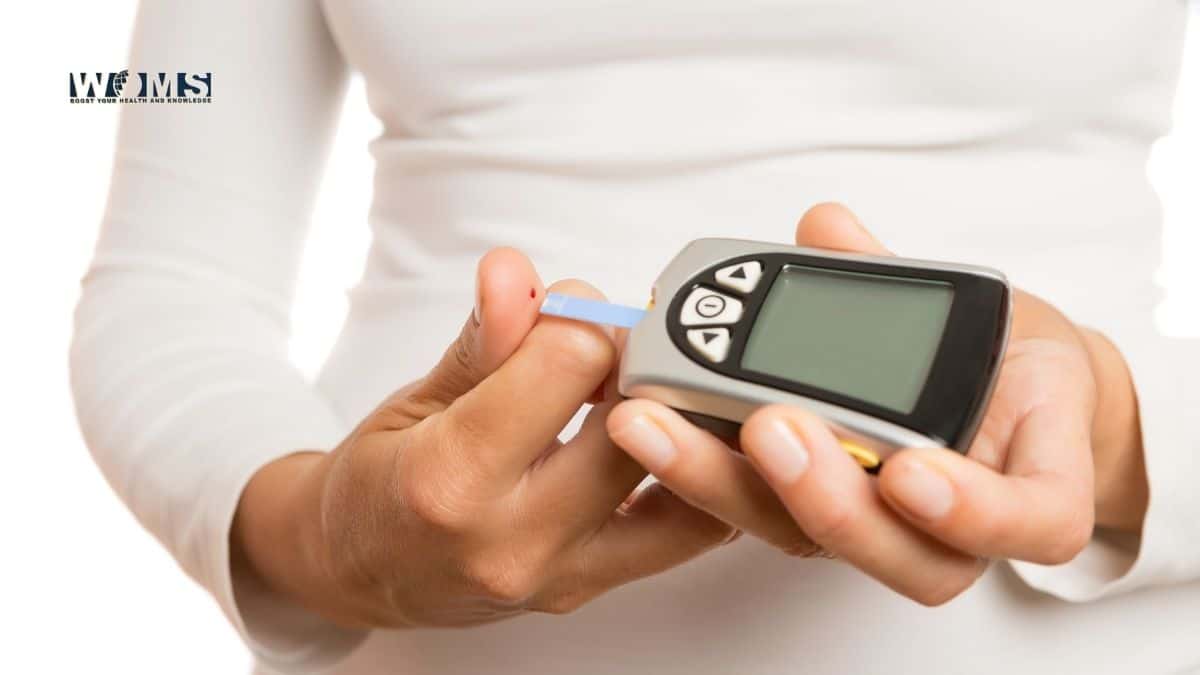Pregnancy Glucose Tests

Pregnancy glucose tests are valuable tools to detect gestational diabetes. Gestational diabetes indicates high blood sugar levels during the pregnancy period.
Most of the time, it disappears once the pregnancy phase is over. Blood sugar levels may arise at any stage of pregnancy. But, it is more common during the second or third trimester.
High blood sugar levels may cause several complications for the mother and the baby. These risks can be reduced by early detection and management.
Pregnancy glucose tests are actually the screening tests for the detection of diabetes. Early detection of diabetes plays a main role in the effective treatment of diabetes.
What are the Pregnancy glucose tests for the detection of diabetes?
A glucose challenge test or one-hour glucose tolerance test is the most common diagnostic test for gestational diabetes.
There are two main steps of this glucose challenge test. If your test result lies beyond the standard range of the test, you may need some further testing for diagnosis.
What are the risk factors for pregnancy glucose tests?
If a pregnant female is at an average or lower risk, the screening tests are usually performed during the second trimester. It happens between the 24th to 28th week of pregnancy.
If the pregnant female is at a higher risk, glucose screening tests are usually done at the first antenatal visit.
There are several risk factors that indicate the risk for gestational diabetes. Some of them are as follows:
- A body mass index of thirty or greater than this – this indicates obesity may lead to gestational diabetes.
- No physical activity
- High blood glucose levels in the early pregnancy – It indicates gestational diabetes during early pregnancy.
- Any disease associated with diabetes like polycystic ovary syndrome or metabolic syndrome.
- Diabetes running in the family
- Previous delivery experience of a baby weight higher than nine pounds
- Different races have a higher indication of gestational diabetes (South Asian, Black, and African women have higher chances of gestational diabetes)
What are the complications of having high blood glucose levels in pregnancy?
Most women with increased blood glucose levels usually deliver healthy babies. But, without proper management, gestational diabetes may cause several complications that can risk the lives of the mother and fetus.
Some of the common complications are as follows:
- High blood pressure
- Preeclampsia
- Polyhydramnios (Increased amniotic fluid leading to premature labor)
- Increased birth weight leading to birth injuries
- Premature birth
- Stillbirth
- Having a greater risk of type 2 diabetes mellitus in future
How to prepare the pregnant lady before the glucose tests?
Blood glucose tests usually require fasting before the test. But, in this test, there is no need to do fasting before glucose tests. You can continue your normal diet before the glucose test.
How is the glucose challenge test performed during pregnancy?
There are two steps for pregnancy glucose tests. In the first step, when you arrive at the health care laboratory, you need to drink a syrup of glucose liquid that may have 50 mg of sugar.
Once you have taken this solution, you can’t eat or drink anything while waiting other than water.
After one hour, a blood sample is extracted from the vein of your arm. It will provide blood glucose information. Once the glucose challenge test is done, you can continue your normal eating activities.
Results for glucose challenge test:
There are specified units like milligrams per deciliter (mg/dL) or millimoles per liter (mmol/L) for the glucose challenge test. Let us have a look at the diagnostic results for gestational diabetes.
- A threshold or standard value for blood glucose level is 140 mg/dL (7.8 mmol/L). It is a normal value indicating normal blood glucose levels.
- A blood glucose level ranging between 140 mg/dL (7.8 mmol/L) to 190 mg/dL (10.6 mmol/L) may require further testing for the confirmation of gestational diabetes. Usually, a three-hour glucose test can help to confirm gestational diabetes.
- A blood glucose level of greTer than 190 mg/dL (10.6 mmol/L) confirms gestational diabetes.
Three-hour glucose test:
If your one-hour blood glucose level is more than 140 mg/dL, your doctor will most probably recommend you a three-hour blood glucose test.
For a three-hour blood glucose test, you need a fasting condition of eight hours without anything to eat or drink. A fasting blood sugar level will be determined.
After this, you will have to drink 8 ounces of glucose syrup containing 3.5 ounces of sugar.
Your blood sugar levels will be obtained after one, two, and three hours of the intake of glucose liquid. After the three-hour test, you can continue your normal physical activities.
Results for three-hour blood glucose test:
For the three-hour blood glucose test:
- The normal value is lower than 95 mg/dL (5.3 mmol/L)
- After one hour, the normal value is lower than 180 mg/dL (10 mmol/L)
- After two hours, the normal blood glucose level is 155 mg/dL (8.6 mmol/L)
- After three hours, the normal blood glucose level is 140 mg/dL (7.8 mmol/L)
If any of the result value is higher than normal, there may be a need for a test after four weeks. But, If any two or more values are greater than normal, gestational diabetes is confirmed.
Read more: Homemade Pregnancy Test: Top 13 Methods
Conclusion:
Higher blood glucose levels during pregnancy are a common thing among pregnant females. It can happen during any stage of pregnancy.
But, the most common is during the second trimester. Increased blood glucose levels can cause several complications for the mother and fetus.
There are several pregnancy glucose tests for the screening of blood glucose levels in pregnant females. Early detection of increased blood glucose levels can lead to early management and treatment.
In this way, pregnancy glucose tests serve as an aid to a safe pregnancy period and delivery.
Frequently asked questions (FAQs):
What should I need to avoid before a fasting blood glucose test?
You need to avoid bread, cereals, fruit juices, and any other kind of food. You also need to avoid fried food, junk, soft drinks, sugar, and sweet tea. Do not eat, drink, or smoke for at least 8 hours before the test. Do not eat during the test. You can only drink water during the waiting period.
Why does gestational diabetes occur?
This happens due to the increased hormones released from the placenta.




